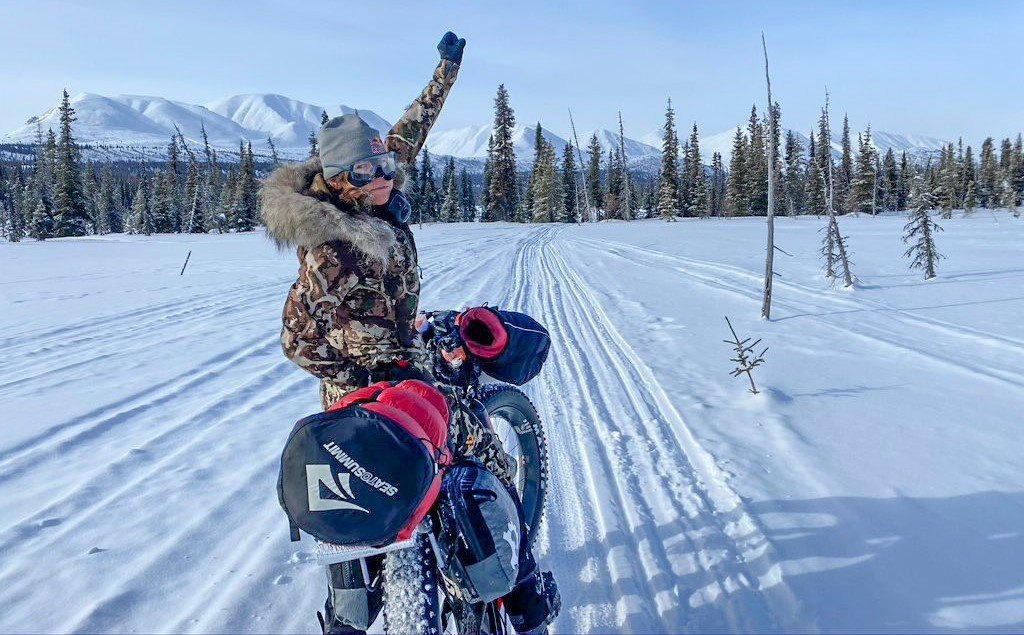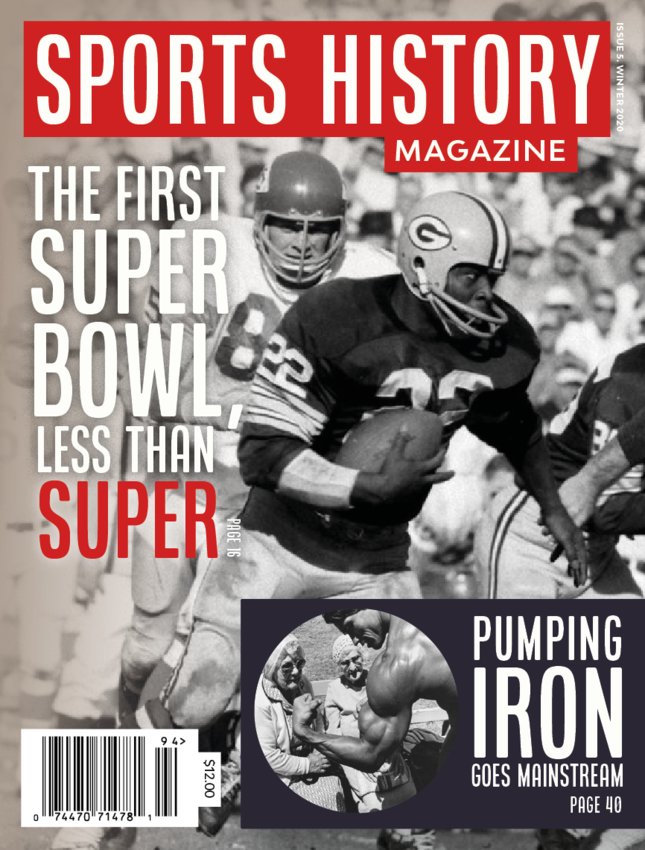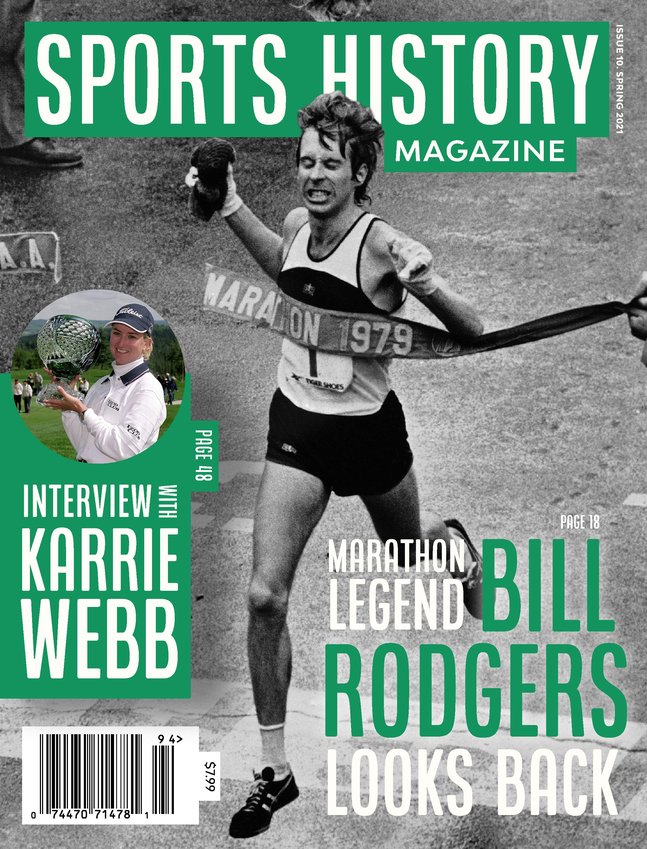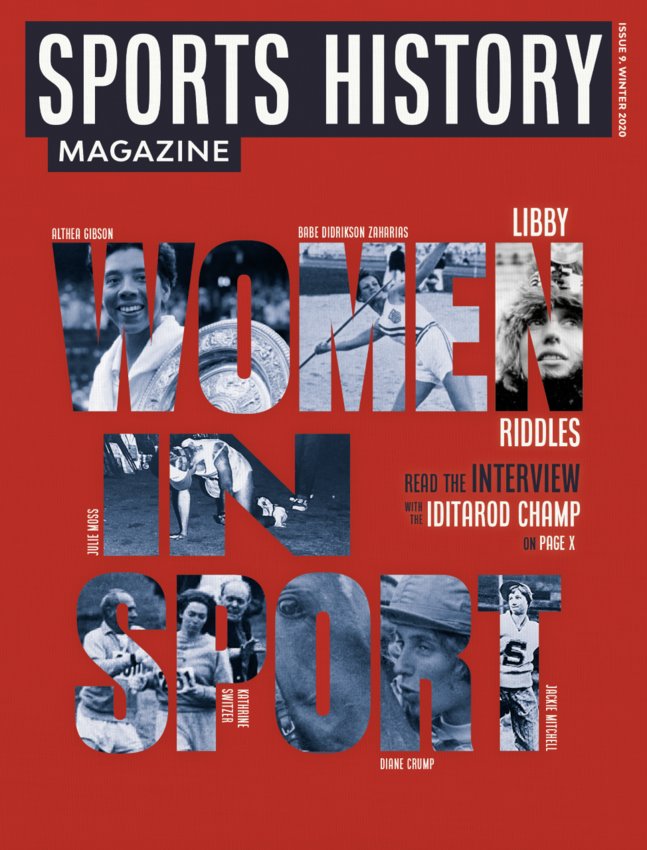Rebecca Rusch, Profile Of A Post-Modern Athlete
From the Alaskan tundra to the Ho Chi Minh Trail
In 2003, Adventure Sport Magazine named her the “Queen of Pain”. In 2004, Outside Magazine listed her as one of their Top 20 Female Athletes of the Year.
Two decades on, Rebecca Rusch hasn’t lost her drive for outdoor rigor. For the 54-year-old adventurer, there is always another trail to crunch, or a mountain to climb.
As recently as 2019 and 2021, she placed first among women at the Iditarod Trail Invitational, a 350-mile biking race across the frozen Alaskan wilderness.
BUY- 'Rusch To Glory: Adventure, Risk & Triumph on the Path Less Traveled
The Queen of Pain’s catalogue of athletic achievements rivals that of any professional athlete. But she doesn’t see herself as a podium-chasing competitor.
Rebecca is a self-described explorer with a mission- to share her experience and empower other people to get outside and have an adventure.
One can also describe her as a post-modern sportswoman whose gift isn’t speed, power, or ball handling, but an ability to thrive under extreme conditions.
“The template of being an athlete has changed so much in 4 decades,” she says in conversation with Sports History Weekly.
A 7x World Champion in endurance sports, her accomplishments allowed her to parlay her career to film, charity foundations, speaking engagements, and a bike riding academy, all of which can be viewed at www.rebeccarusch.com.
In 2014, she released ‘Rusch to Glory’, a book about her adventures and a testament to the rewards of hard work, determination, and resilience.
Over the last 30 years, the interest in adventure sports exploded with access to information and the internet in general. “Before, people didn’t know what they didn’t know,” she points out.
Images of multi-day racing events that combine running, climbing, biking, swimming, and paddling resonated with certain people who historically would have pursued traditional sports.
From 1997-2002, Rebecca competed in the Eco-Challenge Adventure Races. Billed as the world premier adventure race, it featured 300-mile, 24-hour day, multi-discipline team expeditions.
The Eco-Challenge was launched in April, 1995 and aired on TV until 2002. It is regarded as the birth of modern-day reality shows such as Survivor.
Like most people in her age group, Rebecca grew up in an era when outdoor adventures were associated with leisure recreations and not team tournaments, or time trial competitions.
Raised in the suburbs of Chicago, she didn’t come from a sports family. She embraced nature at an early age, enjoying family trips to the national parks and camping in the back yard.
Her father was an air-force pilot who was shot down over Vietnam when she was only 3, forcing her mother to raise her and her sister as a single parent.
In high school, Rebecca joined the varsity cross-country team as a freshman and became an All-State. Pounding the long-distance miles, she discovered her endurance gene.
At the University of Illinois where she attended, she was a walk-on in Track & Field but was unhappy with the coach and stopped competing. She took to biking and spent time riding the cornfields in Illinois.
But it was rock climbing that was her first passion. After college, working at an upscale gym in downtown Chicago, Rebecca found herself gravitating towards the rock wall instead of the treadmill.
Recalling the gym members who came in for the vertical workouts, “They were training for adventure and not just for fitness.” She packed up for California and became a climbing instructor.
Her rock scaling prowess got her noticed by other outdoor ultras who were involved in group tournaments. Invited by a team of 5 women, she saw her first serious event at the Catalina Crossing competition of the US Outrigger Championships.
A 26-mile canoe chase from Newport Beach, California to Catalina Island and back, the race featured 6-person canoes paddling in open water.
Fighting waves and currents in the California channel, she learned that the ocean is our master and we are its servant. “You’re not in control of the environment. Mother nature is, and you’re a guest.”
In 2001 and 2002, she became a member of the US Whitewater Rafting National Champion team.
But more than anything, it was her tolerance for extreme physical exertion that stood out. “I realized from people around me that I have a high tolerance for being uncomfortable.”
In competition, the capacity for punishing one’s body becomes an asset to exploit but it is also a medium for self-discovery. “Pain is sometimes a dirty word for people, but I believe it’s a portal in a lot of ways to get to know what we’re capable of.”
Her single most difficult moment came in 2000 during an expedition race in Nepal. It was a high-level, multi-day, multi-sport, team event. Ascending to 18,500 feet, she developed respiratory problems and considered dropping out after coughing blood and green mucous.
Pressure from the rest of the team to continue was intense, since the rules called for automatic forfeiture if just one member withdraws. Sheer grit and willpower, along with emotional support from one of the team participants, helped her complete the race.
“I recovered in the lower elevations and we ended up in 7th place, which until then was the best finish for an American team.”
Her most memorable adventure was a personal journey. In 2003, Rebecca was part of an expedition race in the jungles of Vietnam, pushing through harsh terrain on bikes, kayaks, and on foot.
When a guide pointed out the Ho Ci Minh Trail across the border in Laos, she was overcome with haunting thoughts of her father, since she knew his plane was shot down in the area. Four years later, a search and recovery team identified his remains, putting closure to family wounds.
In 2017, Rebecca was back in Indochina with the goal of finding her father’s crash site and riding the length of the Ho Chi Minh Trail. She was accompanied by a film crew sponsored by Red Bull.
Stretching 1,200 miles from Hanoi in the north to Ho Chi Minh City in the south, the trail is a braided network that served as the main supply route for North Vietnamese soldiers and equipment during the war.
Facing navigational challenges over land and water, there were no markers, plenty of choke points, and lots of reminders of the war such as bomb craters, underground tunnels, and unexploded ordnance.
She located the spot where her father’s plane went down and later became the first person to bike the full length of the Ho Chi Minh Trail.
That year, Red Bull released Blood Road, a feature documentary of her personal odyssey in Vietnam, which won an Emmy Award for Outstanding Graphic Design & Art Direction.
Next on her life’s calendar of conquests, Rebecca is hoping to participate in the 1,000-mile leg of the Iditarod Trail Invitational.
Despite her grand feats and ‘been there and done that’ accomplishments, she leads a normal life with her husband outside of Sun Valley, Idaho, enjoying the outdoors and giving back through her charitable foundations and fund-raising drives.
“I do extraordinary things, but I’m an ordinary person.”
ENJOY OUR CONTENT? SIGN UP FOR OUR FREE WEEKLY NEWSLETTER AND SHARE ON YOUR SOCIAL MEDIA













